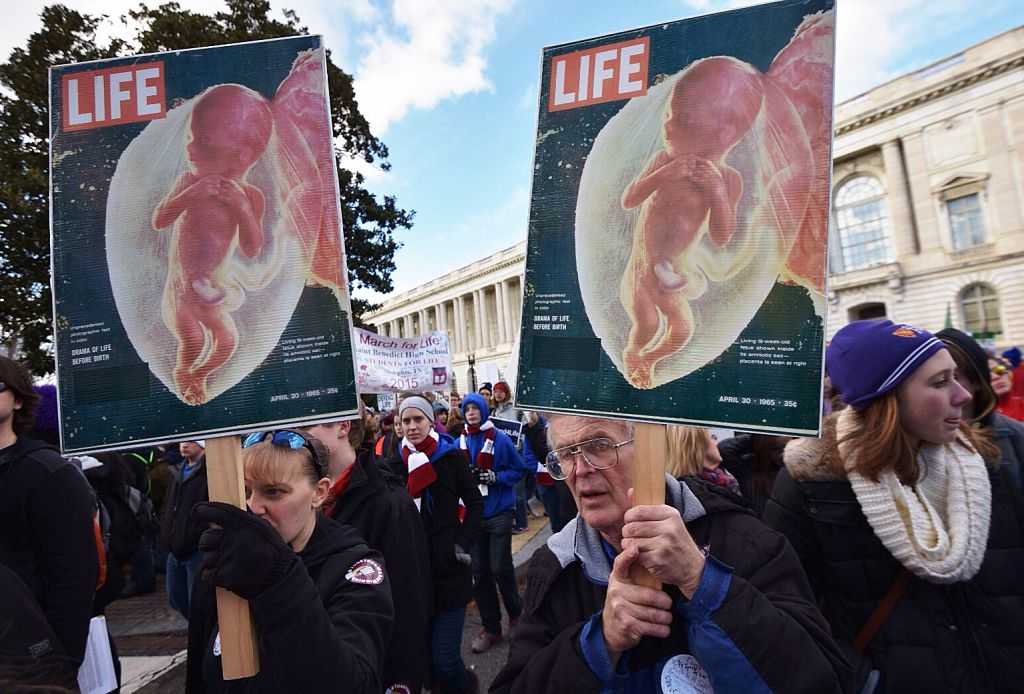There’s a frequently spouted pro-choice narrative that centers on the claim that pro-life sentiment is strictly religious in nature and that it is somehow a form of “religious extremism.”
READ: The Single Bible Verse That Perfectly Explains America’s Education Crisis
And while it’s true that faith in God absolutely colors abortion views, it’s also true that there are some atheists who openly take a passionate, pro-life stance.
Faithwire encountered a group of atheist women among the tens of thousands of participants who show up to take part in the 2017 March for Life in Washington, D.C. — individuals who, despite not embracing faith, fervently defended the idea that human life begins at conception.
Among them Kelsey Hazzard, president of Secular Pro-Life, a group seeing to “to end elective abortion.” Hazzard told Faithwire in a video interview conducted at the march that she believes being pro-life means making “a commitment for nonviolence against those who are incapable of defending themselves.”
Fellow atheist Terrisa Bukovinac, the West Coast coordinator for Secular Pro-Life and president of Pro-Life Future of San Francisco, agreed, going on to speak about the importance of protecting the unborn.
“It’s about human rights,” Bukovinac told Faithwire. “It’s about recognizing that a human being’s life begins at its biological beginning, and that human rights aren’t something you qualify for by earning; it’s something you qualify for just by being human.”
Watch Hazzard and Bukovinac talk all about being pro-life atheists below:
The two openly discussed the fact that many incorrectly assume a person can’t be both pro-life and atheist, noting, though, that the number of those surprised by this dynamic has decreased quite a bit within the pro-life community in recent years, as people like Hazzard and Bukovinac have long been advocates for the cause alongside their more faithful peers.
“The abortion lobby has painted a really effective caricature, the typical pro-lifer is a conservative, white, Catholic male or maybe a nun,” Hazzard quipped, referring to some of the stereotypes. “But definitely not anyone who looks or acts like us. We’ve had to work really hard to beat that down.”
Bukovinac added that she believes pro-choice people, in particular, still tend to be surprised that one can be liberal or atheist and still maintain such a strong conviction about protecting life from conception. And Hazzard added that she believes it’s important to try and find common ground with her ideological opponents on the abortion front.
In the end, though, she said that if pro-choicers care about human rights, it’s important to ask why they are excluding the unborn from sharing in those universal benefits.
“You should have human rights and the right to life at the moment of your biological beginning,” Bukovinac echoed.



